In an interview with Armenian Public Radio published on February 2, Prime Minister Nikol Pashinyan highlighted the need to revise Yerevan's concept of military -technical cooperation.
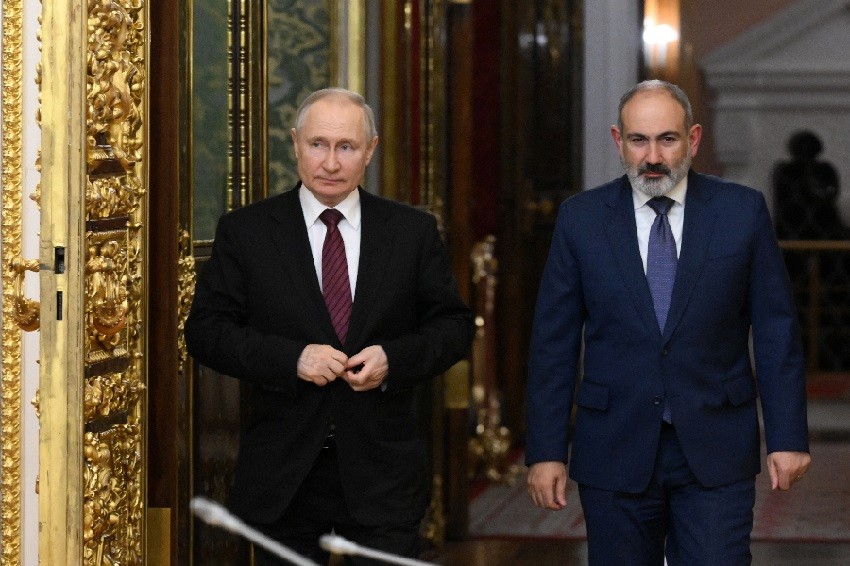 |
| Russian President Vladimir Putin (L) and Armenian Prime Minister Nikol Pashinyan on the sidelines of the Eurasian Economic Union summit at the Grand Kremlin Palace, in Moscow, Russia on May 25, 2023. (Source: Sputnik) |
Acknowledging Armenia's significant dependence on Russia in the defense sector in the past, with 97% of Yerevan's military relations being cooperation with Moscow, Prime Minister Pashinyan stressed that the current situation requires change for a number of objective and subjective reasons.
He expressed his views on the need to diversify Armenia's security system, stressing the importance of developing military and military-technical cooperation not only with Russia but also with other countries.
Among potential partners, the leader mentioned Iran, India, Georgia, the United States, France and raised the issue of Armenia's future participation in the Collective Security Treaty Organization (CSTO).
Noting in particular the meeting with the North Atlantic Treaty Organization (NATO) representative Javier Colomina in Yerevan on January 19, Mr. Pashinyan said that the discussion on the possibility of strengthening military cooperation with this organization reflects Armenia's desire to diversify defense relations and seek new ways to ensure national security.
Most recently, on January 31, Armenia's official representative for international legal affairs Yeghishe Kirakosyan confirmed that Yerevan has officially joined the International Criminal Court (ICC), the agency that has issued an arrest warrant for Russian President Vladimir Putin.
Russia is a traditional ally of Armenia, however, relations between the two countries have recently become strained with accusations from Yerevan that Moscow has turned a blind eye to the situation in Nagorno-Karabakh, a dispute between the Caucasus nation and Azerbaijan.
Last September, as tensions in Nagorno-Karabakh mounted, Mr Pashinyan charged: “The allies we have relied on for years aim to expose our weaknesses and justify the Armenian people’s inability to have an independent state.”
In response to the accusations at that time, the Russian Foreign Ministry issued a strong warning: "We believe that the Armenian government is making a big mistake by deliberately destroying the complex and centuries-old relations between Yerevan and Moscow, as well as turning their country into a hostage in the West's geopolitical game."
Source


![[Photo] Award ceremony for works on studying and following President Ho Chi Minh](https://vphoto.vietnam.vn/thumb/1200x675/vietnam/resource/IMAGE/2025/5/20/a08ce9374fa544c292cca22d4424e6c0)
![[Photo] Vietnamese shipbuilding with the aspiration to reach out to the ocean](https://vphoto.vietnam.vn/thumb/1200x675/vietnam/resource/IMAGE/2025/5/20/24ecf0ba837b4c2a8b73853b45e40aa7)
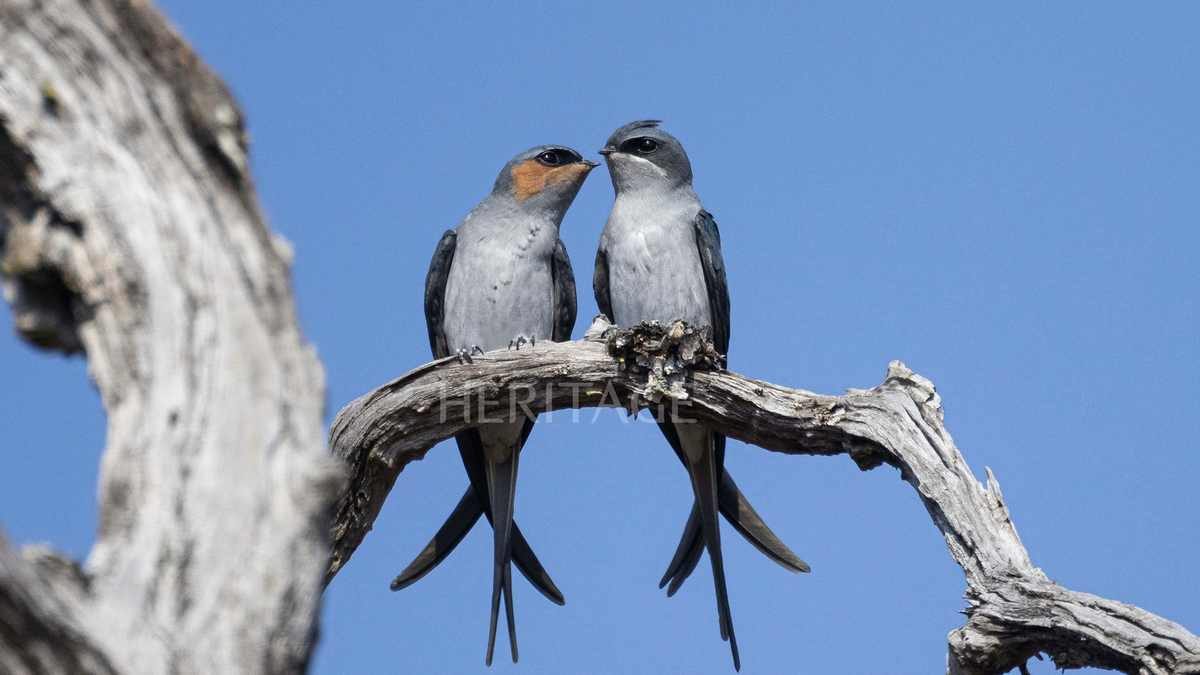
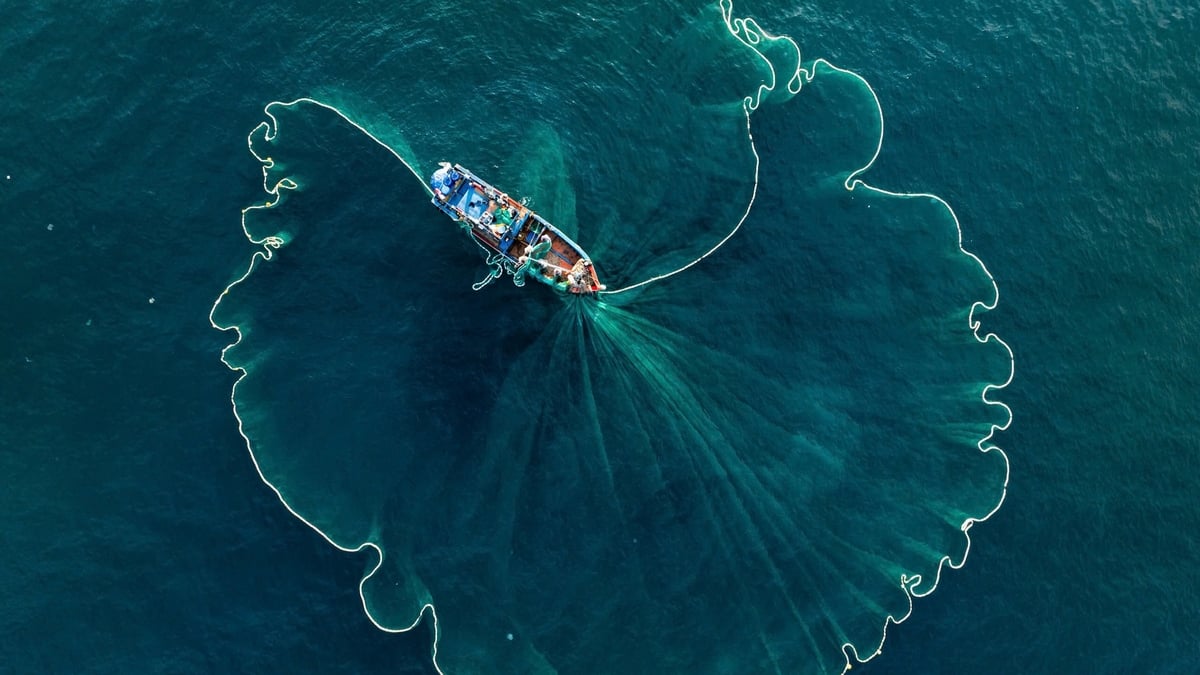
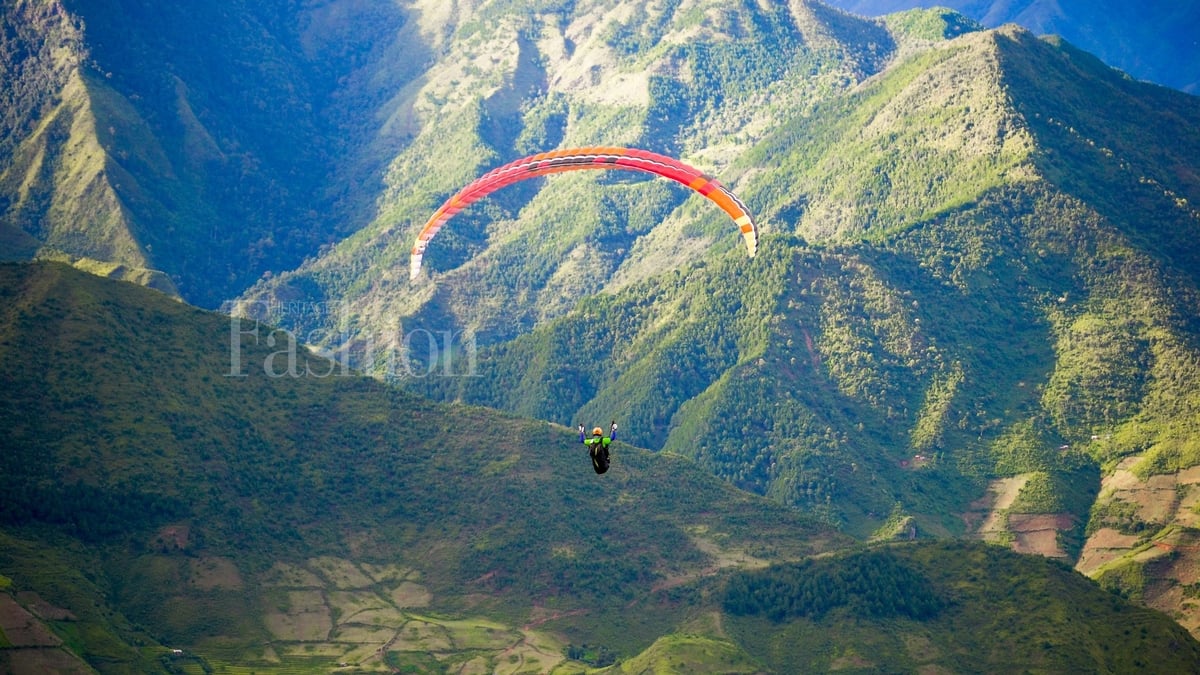
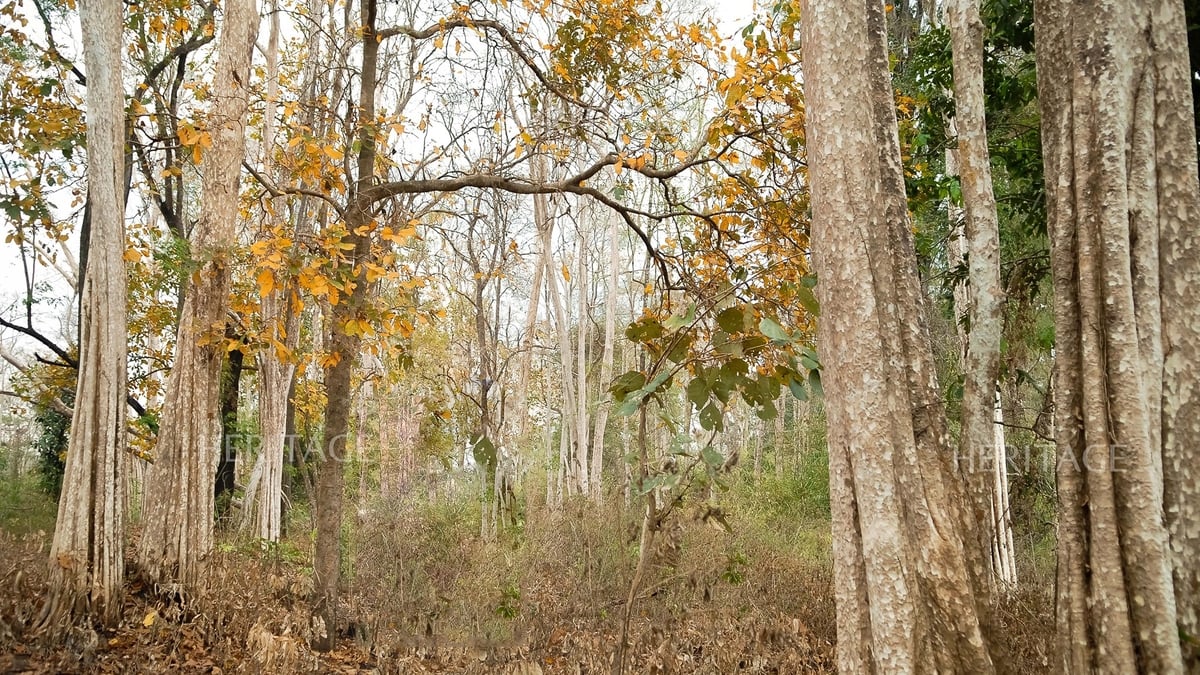




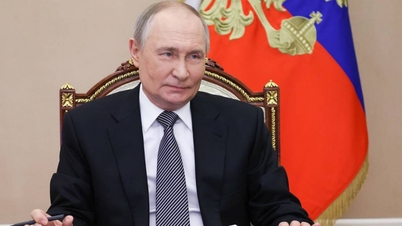





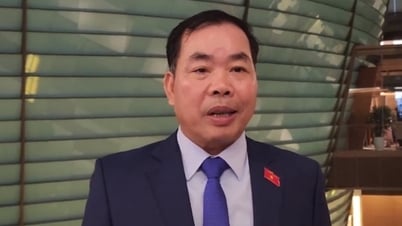



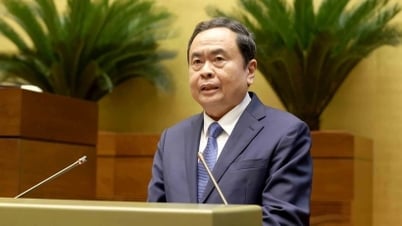
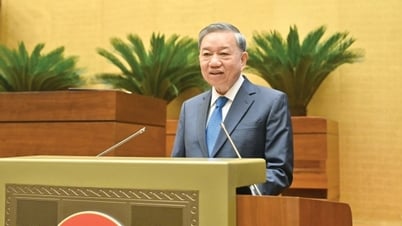
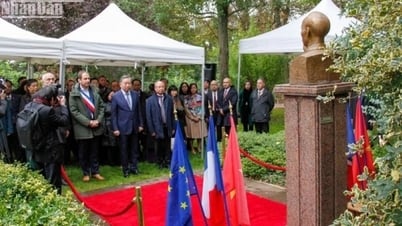







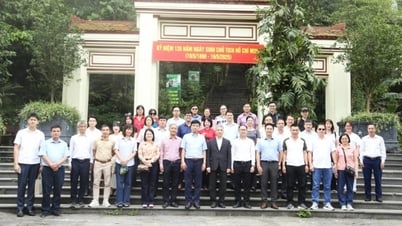
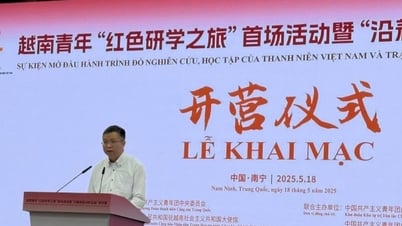
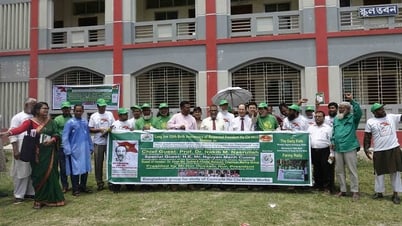
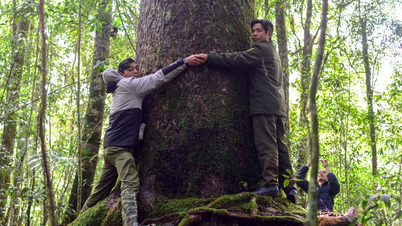

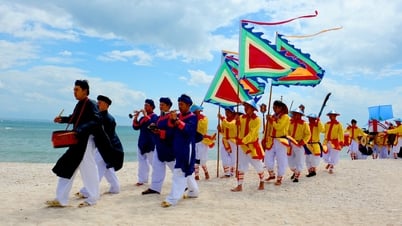

















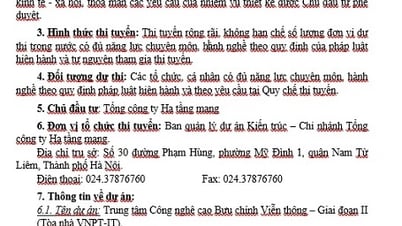


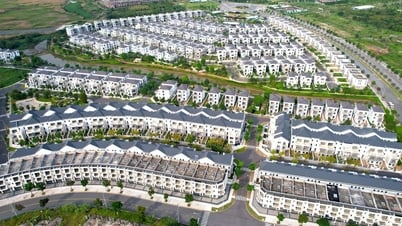


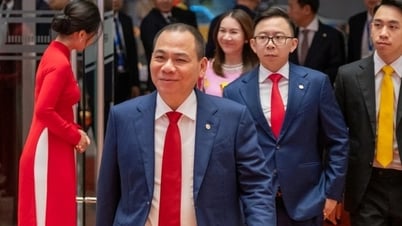



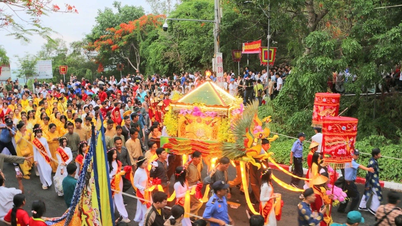


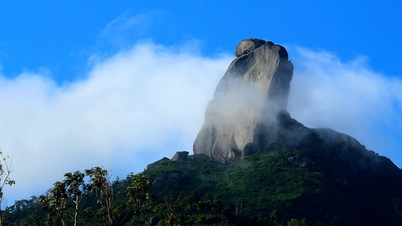
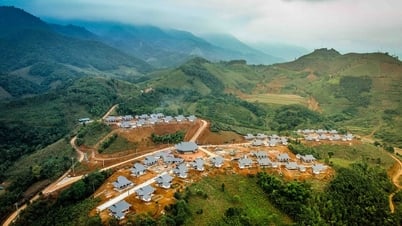
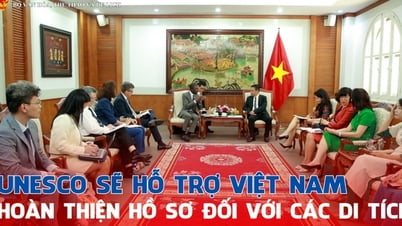

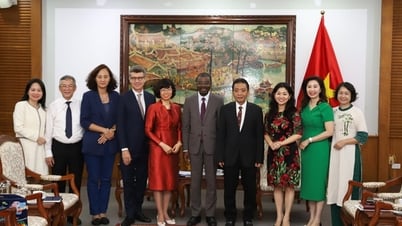
















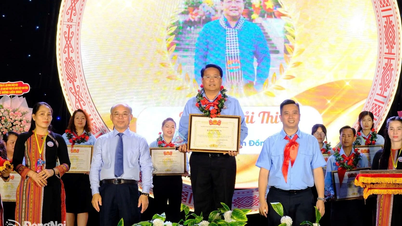










![[VIDEO] - Enhancing the value of Quang Nam OCOP products through trade connections](https://vphoto.vietnam.vn/thumb/402x226/vietnam/resource/IMAGE/2025/5/17/5be5b5fff1f14914986fad159097a677)
Comment (0)